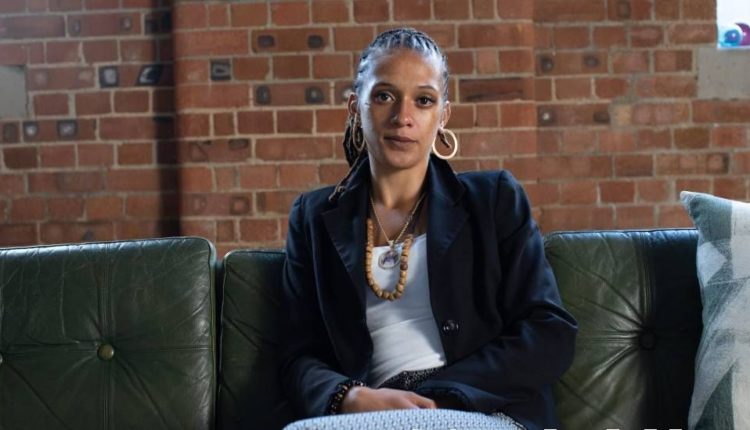At first glance, Aliyah looks like any other 24-year-old – she loves fashion, posts selfies on Instagram and appears happy. But her smile conceals a background of abuse and exploitation – a pattern that experts warn is all too common among forgotten teenage girls.
Aliyah’s earliest memories are not of family trips and teddy bears.
Instead, she recalls coming home from school and feeling relieved if she saw the front window was open. It meant her dad was letting in air.
Aliyah didn’t know much about drugs back then. But she’d learned the open window meant he’d be in a good mood: “Whereas if the window is shut there was no smoke, so Daddy doesn’t have what he needs,” she says.
At the time, no-one outside the family knew what went on behind closed doors in their house in south London. She says there was violence in the household and sometimes it would be inflicted on Aliyah. She and her sister would hug each other on their bunk bed crying themselves to sleep at night.
At times, money was scarce and, as a result, food could be as well – Aliyah recalls days when there was none in the house at all and she’d go to school hungry.
It would be years before Aliyah and her siblings were picked up by social services. Aliyah feels strongly that opportunities for safeguarding her and her siblings were missed – she remembers her parents putting on their “best faces” when authorities came around.
Stories like hers follow a classic pattern, says Kendra Houseman, a consultant in child criminal activity: “If home is not a safe place, that makes them vulnerable to exploitation.” And she warns there are many more hidden girls out there like Aliyah.
But against all the odds, Aliyah eventually managed to turn her life around.
One sunny day, when she was eight, Aliyah’s dad had friends round to celebrate his birthday. Someone gave Aliyah champagne. She drank so much she had to be taken to hospital with alcohol poisoning.
It was the beginning of Aliyah’s descent into alcohol abuse. “After that, I’d just drink – I’d always want to drink,” she says. By 13, Aliyah had become dependent on alcohol. “Drink became a problem – I was drinking because I was depressed.”
Her parents’ marriage broke down, her father left the family home and over time it became what is known in drug circles as a trap house – a property where drugs and weapons were held, and in which dealers would congregate.
Aliyah remembers being left alone there one time.
“I was 10, left with all these drug dealers in my house,” she says. Still a young child, she assumed it was her fault, somehow: “I honestly didn’t know what I’d done.”
Source: BBC




Comments are closed.